June 19, 2025
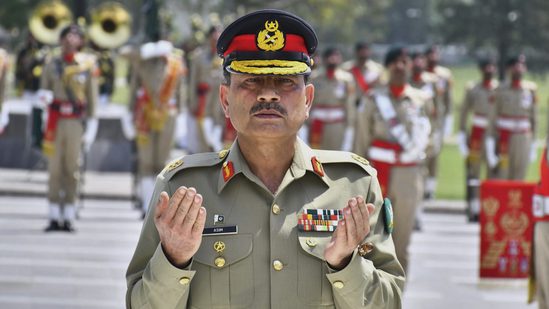
In a move that has raised eyebrows in New Delhi, US President Donald Trump hosted Pakistan’s Army Chief General Asim Munir for a high-profile White House lunch, praising him for “preventing nuclear war” with India. The meeting, which excluded Pakistani civilian leaders, has angered Indian officials, who see it as a dangerous legitimization of Pakistan’s military establishment—a key backer of cross-border terrorism.
With India-US relations already strained over trade disputes and Trump’s unilateral diplomacy, experts warn this could derail years of strategic partnership and push India closer to Russia and France. Here’s why Delhi is furious—and what the US stands to lose.
1. Undermining India’s Stance on Pakistan Terrorism
India has long maintained that Pakistan’s military-ISI complex sponsors terror groups like Lashkar-e-Taiba (LeT)—a fact acknowledged even by the US (e.g., the 2008 Mumbai attacks). Yet, by hosting Munir and crediting him for “stopping war,” Trump has:
- Ignored Pakistan’s role in the Pahalgam terror attack (April 2025), which killed 26 Indians.
- Validated Pakistan’s false narrative that it was a “victim” of India’s Operation Sindoor.
- Contradicted Modi’s clear statement that no third-party mediation occurred in the ceasefire.
“This meeting rewards Pakistan’s duplicity,” said former Indian diplomat Ashok Malik. “The US is effectively endorsing a regime that shelters terrorists targeting India.”
2. Trump’s Nobel Prize Gambit – A Slap to India?
The White House claimed Munir supports a Nobel Peace Prize for Trump for “averting nuclear war.” This narrative:
- Diminishes India’s military deterrence success (Pakistan sought ceasefire after Rafale strikes).
- Echoes Pakistan’s propaganda that India is the “aggressor.”
- Humiliates Modi, who explicitly told Trump no US mediation happened.
“This is a publicity stunt that undermines India’s sovereignty,” said strategic analyst Brahma Chellaney. “Trump is using India-Pakistan tensions to burnish his image, ignoring ground realities.”
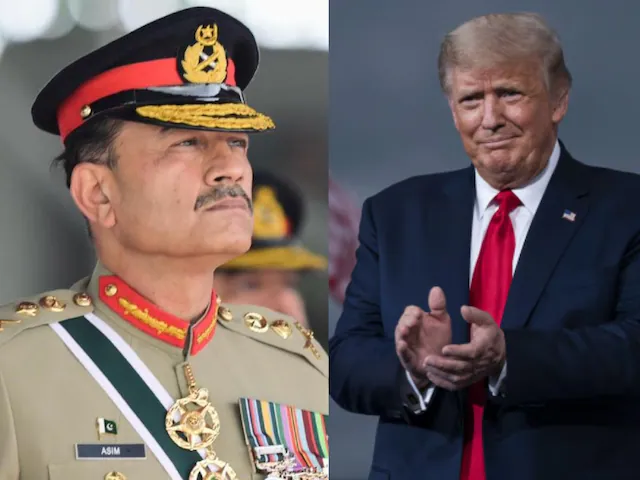
3. Strategic Fallout: How India Could Respond
India has quietly signaled displeasure by:
- Cancelling a planned Modi-Trump meeting during the G7 (citing “prior commitments”).
- Fast-tracking defense deals with France (Rafale-M fighter jets) and Russia (S-500 missile systems).
- Reviewing US trade talks, including a critical semiconductor partnership.
Potential Long-Term Losses for the US:
- Defense Contracts: India may pivot from US F-21 jets to French Dassault alternatives.
- Quad Alliance: Trust erosion could weaken anti-China coordination.
- Trade: A $50 billion India-US tech deal hangs in balance.
4. Pakistan’s Double Game – And US Blind Spots
While Munir posed as a “peacemaker” in Washington, Pakistan continues to:
- Harbor LeT and Jaish-e-Mohammed leaders (UN-designated terrorists).
- Expand nuclear arsenal (China-supplied missiles now target Delhi).
- Back Iran against Israel, complicating US Middle East policy.
“The US is being played,” warned Lisa Curtis, ex-US NSC official. “Pakistan leverages anti-India terror to extract concessions, then poses as a mediator.”
5. Historical Context: Why India Distrusts US-Pak Bonhomie
- 1950s-60s: US armed Pakistan against India, ignoring genocide in Bangladesh (1971).
- 1980s: Reagan praised Pakistan’s Zia-ul-Haq while ISI nurtured Al-Qaeda.
- 2001-2021: US gave Pakistan $33 billion in aid, only to see Osama bin Laden hidden in Abbottabad.
“Every time the US cosies up to Pakistan, India pays the price,” said security expert Sushant Singh.
What’s Next?
- India’s Options: Formal protest, faster military diversification, or UN demarche on Pakistan terror.
- US Damage Control: A high-level visit (Pompeo or Kushner) to reassure Delhi.
- Global Repercussions: If India-Russia ties deepen, US Indo-Pacific strategy suffers.
Conclusion: A Self-Goal for US Interests
By elevating Munir, Trump has alienated a key democratic ally (India) for a military regime that backs Iran and terrorists. With China watching closely, this misstep could accelerate a new Cold War alignment—where India hedges away from America.
“Short-term theatrics have long-term costs,” summed up Walter Russell Mead, a US foreign policy scholar. “India won’t forget this betrayal.”
Watch this video to see the possible reasons behind the meeting-
Read more related article.
Read about history of India-US relations


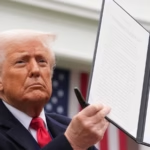




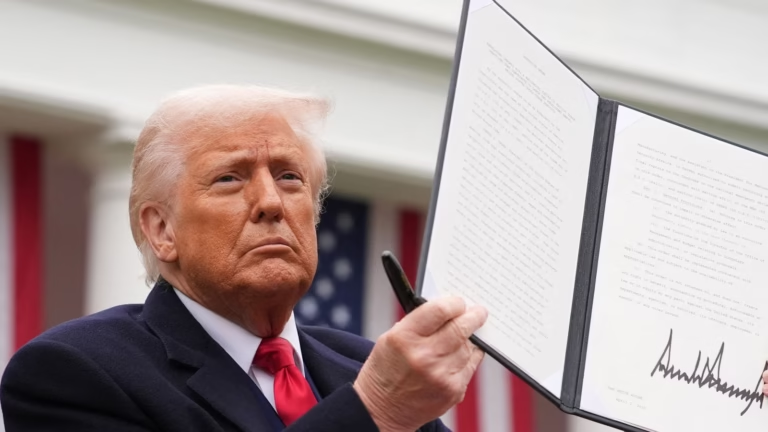
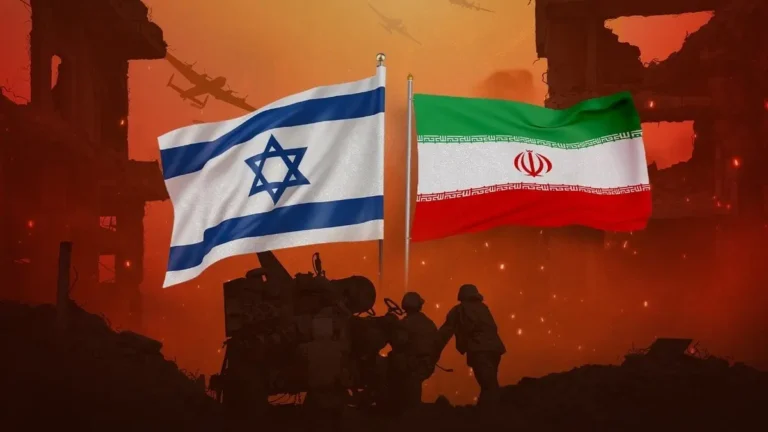
Your point of view caught my eye and was very interesting. Thanks. I have a question for you. https://accounts.binance.info/uk-UA/register?ref=XZNNWTW7
Alright, so I stumbled upon mcwcasinobj388 and had a good time. Some cool slots and the live casino wasn’t bad either. Give it a shot if you’re feeling lucky! Link here: mcwcasinobj388
I don’t think the title of your article matches the content lol. Just kidding, mainly because I had some doubts after reading the article.
Thanks for sharing. I read many of your blog posts, cool, your blog is very good. https://accounts.binance.info/es/register?ref=RQUR4BEO
Dailyjililogin does exactly what it says on the tin – speedy and reliable login access every single day. Haven’t had any problems so far, and the interface is pretty straightforward. Worth a bookmark: dailyjililogin.
weed capsules delivery secure discreet
Trying to get my login sorted out for Jilipark Casino. jiliparkcasinologin seems straightforward enough. Wish me luck! Chasing that jackpot! jiliparkcasinologin
Your article helped me a lot, is there any more related content? Thanks!
Thank you for your sharing. I am worried that I lack creative ideas. It is your article that makes me full of hope. Thank you. But, I have a question, can you help me?